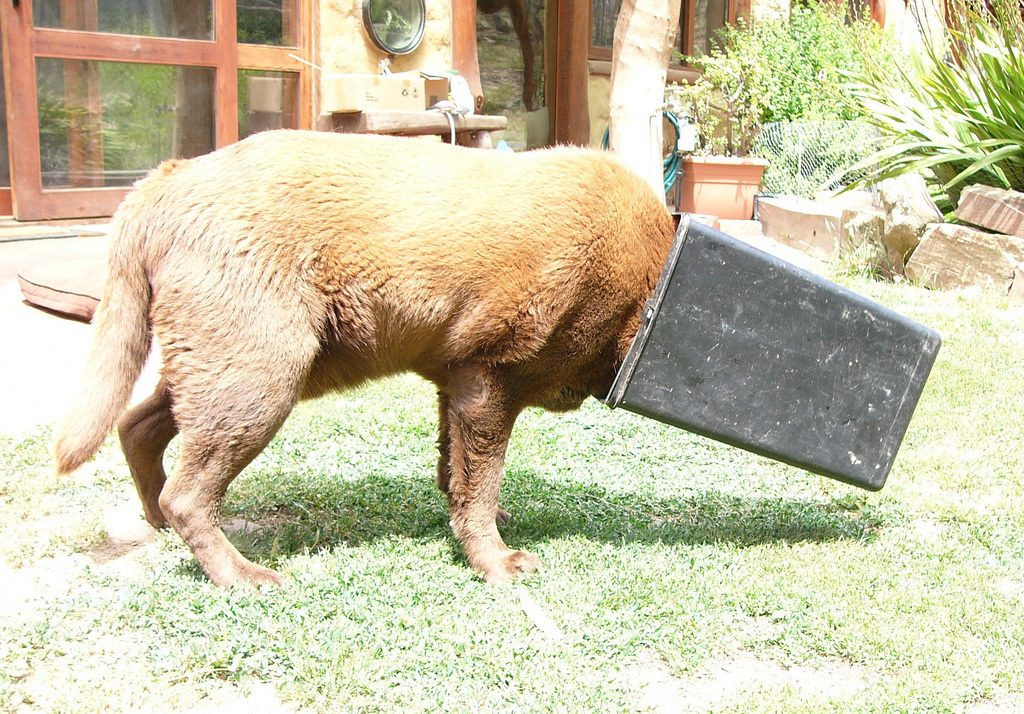BLOG
Keeping motivated in your tracking
Matthew Cornell
July 1, 2011
I recently received an email from someone having trouble keeping up with her experiment. While there is lots of general advice about discipline and motivation, this got me thinking about how doing personal experiments might differ. Following are a few brief thoughts, but I’d love to hear ways that you keep motivated in your quantified…

